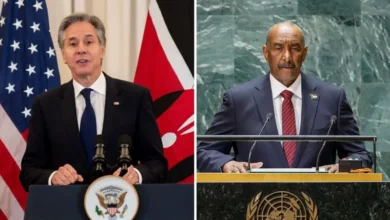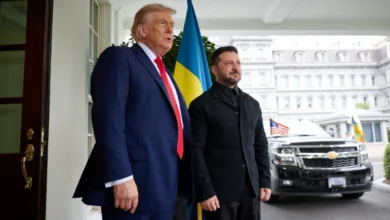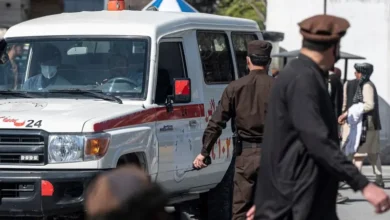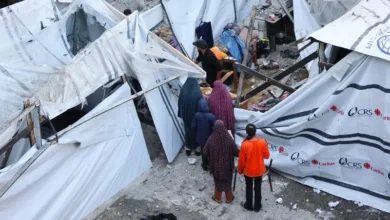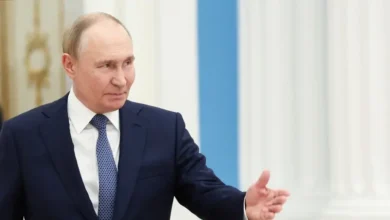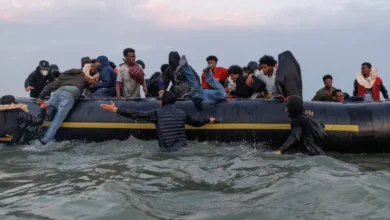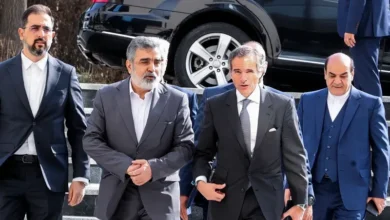‘Not Something to Celebrate’: As it Turns 80 and Faces Dwindling Global Clout, Can the UN Survive?
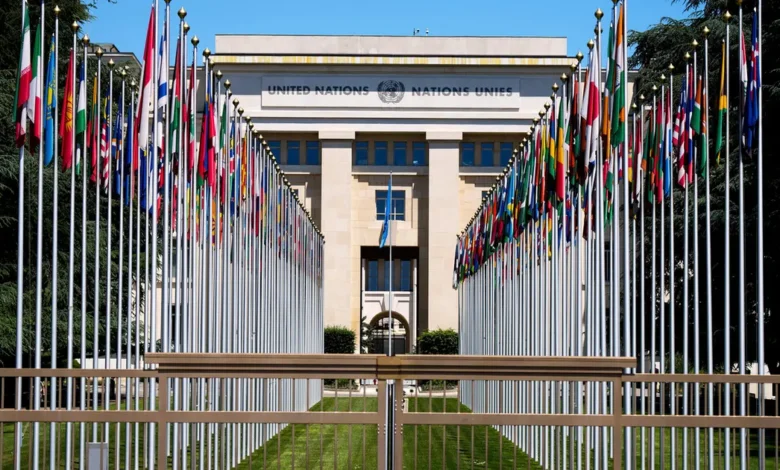
The UN marks its 80th anniversary this month facing a diminished global standing. Funding cuts, particularly from the US, have led to job losses and prompted long-delayed reforms. The principle of multilateralism is under pressure, and the Security Council has been unable to act decisively in the conflicts in Ukraine and Gaza. The organization’s relevance in an increasingly divided world is in question.
Founded in 1945 to prevent another world war, the UN’s initial goal has been partly realized. However, conflicts persist globally, increasing the humanitarian needs while donor nations reduce aid. The grim mood at UN headquarters reflects anxiety about the upcoming US review of multilateral institutions, ordered by President Trump, and the resulting job cuts. Despite global changes and expansion of the UN system, its effectiveness is questioned, especially given current geopolitical challenges and US funding cuts.
While credited with preventing World War III, the UN faces criticism for its current state. Bolton, a former US ambassador to the UN, considers it in its worst shape since its founding. Gowan, of the International Crisis Group, believes the UN will shrink in the next few years due to various factors. Bremmer, of the Eurasia Group, maintains that the UN remains relevant, despite lacking resources and military capabilities, due to its unique legitimacy in representing the global population. He added, “The important thing is that as long as the great powers decide not to leave the United Nations, every day that they stay is a vote of confidence in the UN.”
Guterres’ “Pact for the Future” seeks to address 21st-century challenges. Potential reforms include merging aid and development agencies. Gowan notes that the UN’s New York location facilitates a lot of diplomatic business unrelated to the UN itself, and even intelligence gathering. The Trump administration’s undermining of the UN is expected to elevate China’s importance within the organization. Bremmer notes that China is poised to become more influential in agencies like the WHO and UNRWA as the US withdraws or reduces funding.
Security Council expansion is a key area for change. There is broad agreement that Africa and Latin America should have permanent seats. Despite the UN’s current challenges, its structure, including the veto power of major powers, is believed to ensure its survival.
